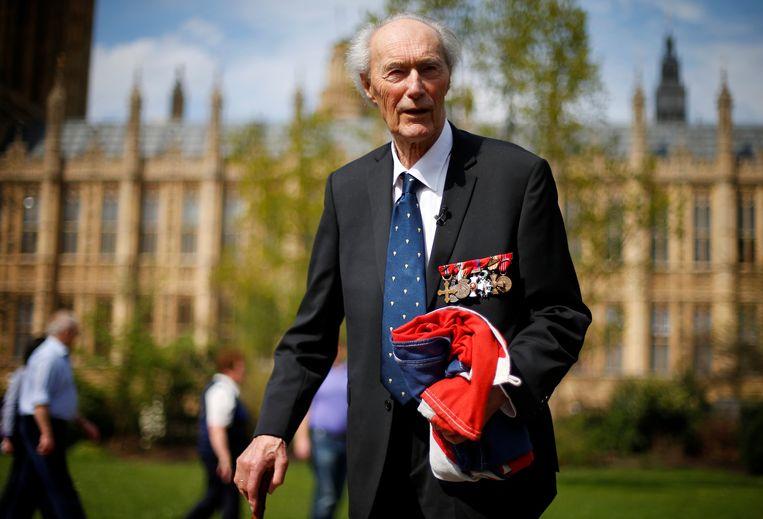Joachim Ronneberg died yesterday at the age of 99. His name probably does not ring a bell with us, but Rønneberg was an important Norwegian resistance fighter. He blew up a heavy water plant in 1943 to prevent the Nazis from making an atomic bomb. This historical fact is known as ‘Operation Gunnerside’.
Ronneberg was not the first one but the Norwegian Prime Minister Erna Solberg praised him as “one of our most handsome resistance fighters” and praised him for his “courage that contributed to what is called the most successful Norwegian sabotage campaign”.
Joachim Ronneberg was 23 when he was enlisted by the secret British organization SOE, or Special Operations Executive. Their mission from London: to put Europe in “fire and flame”, as Winston Churchill put it. The means for that purpose: sabotage and guerrilla activities against the German occupier. The specific task of Ronneberg was to partially destroy the heavily guarded site in South-Norway Telemark in February 1943.
The Norwegian resistance fighter set himself, together with four companions. In his own words everything went “as dreamed”, thus referring to the fact that not one shot was unloaded. His team landed with the parachute on snowy mountains, melted together with a few other commands and skiers all to their destination: the factory at the hydroelectric power station in Vemork near Rjukan. There, deuterated water was produced, an essential component for the production of nuclear weapons. The Norwegian resistance managed to penetrate the factory and blow up the production line there.
The resistance hero claimed that he had decided at the last minute to shorten his fuse from a few minutes to a few seconds. He insured that the explosives would explode, but there was also less time for the members of the resistance to get out of their feet but It worked. The team travelled hundreds of miles through the mountains on the ski rafts. Rønneberg eventually ended up from neutral uniform to British uniform.
‘Operation Gunnerside’ was extensively covered in books, documentaries, films and TV series after the Second World War. The most famous film is undoubtedly ‘The Heroes of Telemark’, with the then world stars Kirk Douglas and Richard Harris.
In November 1943, a few months after the successful sabotage, the Allies bombed the factory. The Germans decided in February 1944 to transfer the Norwegian production of deuterium to their own country.
